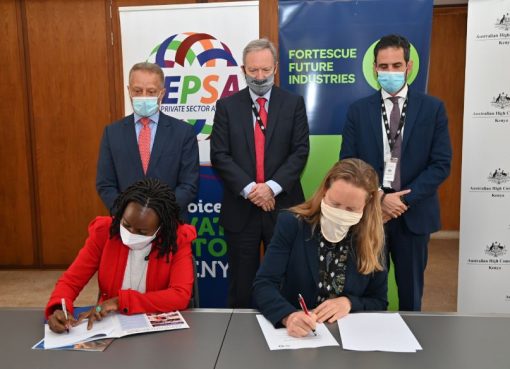A new report by the Norwegian Refugee Council (NRC) shows that 77 percent of displaced and conflict affected people across 8 countries have lost a job or income since March due to COVID 19 pandemic.
The report further shows that 70 percent of the people had cut the number of meals from their household since the pandemic broke out.
The report dubbed ‘Downward Spiral” is based on detailed surveys conducted from 1,413 displaced and conflict-affected people across Kenya, Afghanistan, Colombia, Iraq, Libya, Mali, Uganda and Venezuela.
In Kenya, 85 percent of respondents who answered in the survey said that they had lost a job or income from work since March.
Afghanistan recorded 78 percent, Colombia 79 percent, Iraq 78 percent, Libya 67 percent, Mali 67 percent, Uganda 71 percent and Venezuela 66 percent.
The NRC’s survey also found that nearly one third which is 30 percent of respondents had to borrow more money than before the pandemic with respondents from Afghanistan and Colombia reporting the highest levels of increased borrowing at 41percent, Venezuela reporting 40 percent Iraq recorded 28 percent, Uganda 24 percent, Libya 18, Mali 10 while Kenya had the lowest at 6.5 percent.
In a press release today, Jan Egeland, Secretary General of NRC said that the world’s most vulnerable communities are in a dangerous downward spiral and already forced from their homes by violence that is often with limited rights to work or access to government services.
“The devastating economic impact is tipping many into a hunger, homelessness and education crisis with 73 percent of the people reporting that they were less likely to send their children to school because of the economic hardship,” he said
Compounding numerous existing crises and challenges, Egeland said that Covid-19 related travel restrictions, closure of markets and businesses, and the general economic downturn have caused conflict and displacement affected populations to lose work and income.
The recent loss of income, limited access to social safety nets, a drop in remittances and increased debt, has created severe negative knock-on effects for those affected and the price of food has doubled.
According to the report, the increased economic hardship is forcing many people from their homes, with many respondents reporting they had been evicted or saying that they were likely to try to move elsewhere to find work.
The report further says that 62 per cent of those who had previously received remittances from family members abroad said they were receiving less than before the pandemic, 68 per cent said they were likely to move elsewhere because of a lack of work or income while 28 per cent reported receiving less assistance from NGOs or governments since the outbreak of the Covid-19 pandemic and only less than 7 per cent stated that they had received more assistance.
While donors and international financial institutions have responded to the COVID crisis, the report says that the scaled-up support has not been nearly enough and that as of September, the UN’s 2020 humanitarian appeals were only 25 per cent funded.
In addition, funds have so far been slow to reach those in need and initial donor commitments have prioritized the health response over programs to address the economic impact.
NRC has warned that even a fully funded humanitarian response would not be able to meet the needs that are now emerging.
“An urgent scale-up in aid is needed, but humanitarian assistance alone cannot fix this,” Egeland said noting that the rich countries of the G20 and international financial institutions must put displaced and conflict-affected communities at the centre of national and international economic responses to Covid-19 saying that without urgent action, this crisis will spiral out of control.
Prior to the COVID 19 crisis, refugees, internally displaced people and host communities faced worrying levels of food insecurity with East Africa being one of most food insecure regions.
By Wangari Ndirangu




